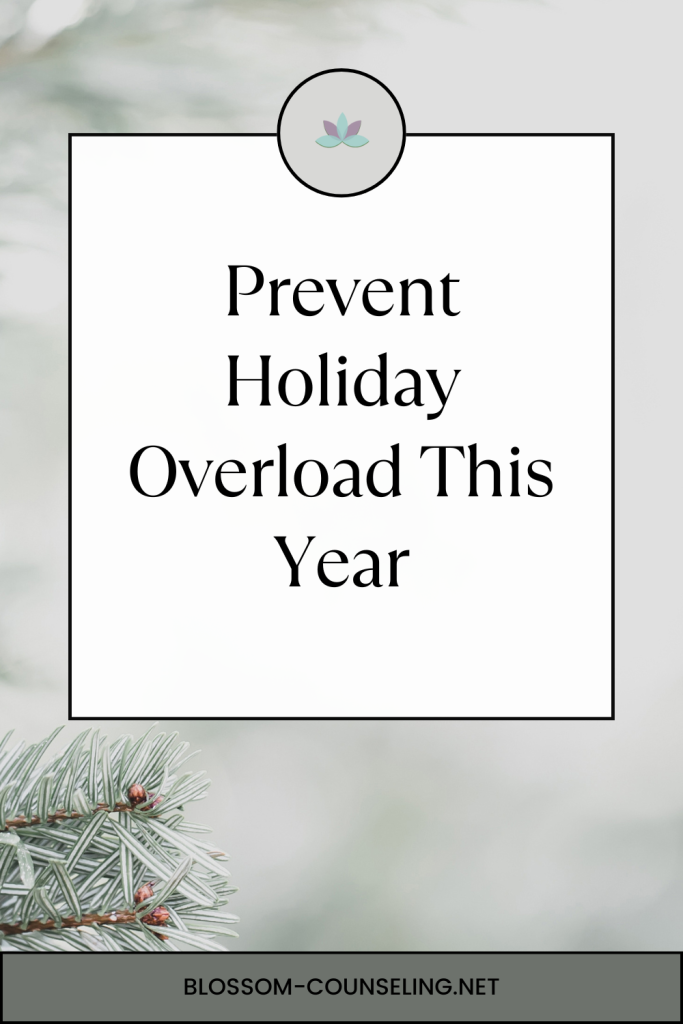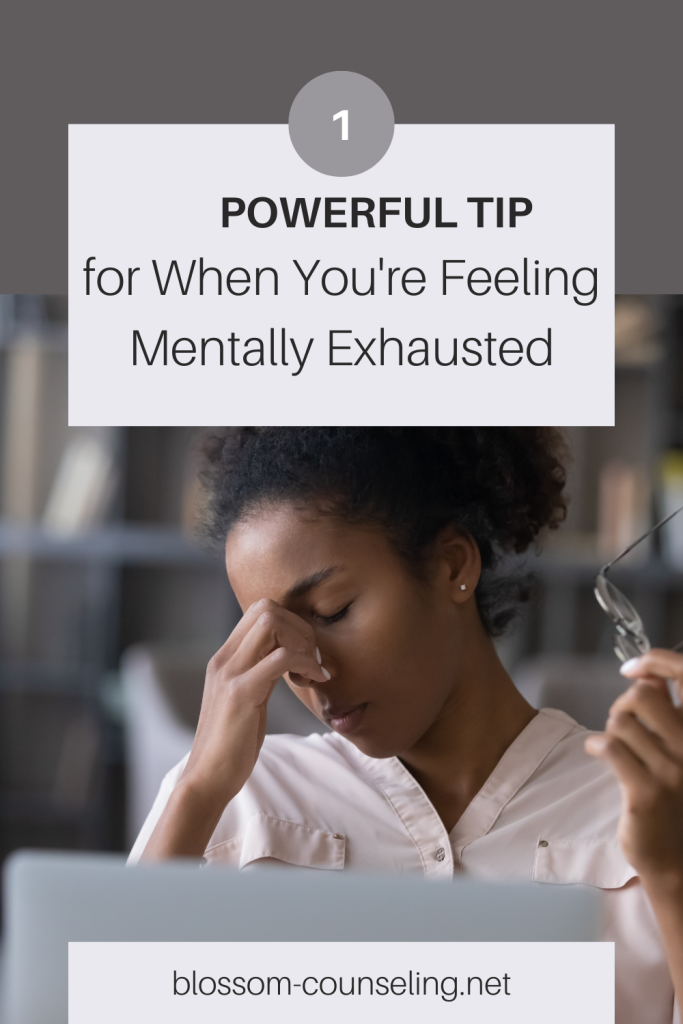Happiness isn’t a constant high or a perfect life where nothing ever goes wrong. It’s more like a rhythm—an ebb and flow of moments where we feel grounded, content, and connected to ourselves and the world around us. But if you’re feeling stuck in a low mood or just want to invite more joy into your daily routine, you’re not alone. Mental health professionals have long studied what supports emotional well-being, and the truth is, the most effective strategies are often the most human.
Here are a few therapist-approved ideas that aren’t just trendy self-help fluff—they’re backed by science and real-life experience, and they’re completely doable.
1. Get Curious About Your Emotions (Instead of Judging Them)
We all have emotional weather patterns. Some days are stormy, others are sunny—and some are just confusing. One of the biggest happiness killers? Judging yourself for how you feel. Instead of saying, “I shouldn’t feel this way,” try asking, “What is this feeling trying to tell me?”
Getting curious instead of critical helps you move from reacting to understanding. And when we understand our emotions, we tend to feel more in control—and yes, a little lighter too.
2. Protect Your Energy Like It’s Your Favorite Hoodie
Let’s be real: you wouldn’t hand over your favorite hoodie to someone who constantly spills coffee on things. The same should go for your energy and time. Setting boundaries isn’t selfish; it’s necessary. Whether it’s declining a draining social invite or carving out 10 quiet minutes for yourself, boundaries create the space you need to feel like you again.
Happier people aren’t necessarily doing more—they’re just doing what aligns with their values and energy.
3. Get Out of Your Head and Into Your Body
We live in a culture that’s very brain-focused. Thinking, analyzing, doom-scrolling. But happiness often lives in the body—in movement, stillness, rhythm, breath. That doesn’t mean you need to start a rigorous exercise routine (unless you want to). It might be as simple as stretching in the morning, dancing in your kitchen, or practicing five slow, intentional breaths.
Movement and mindfulness help shift your nervous system out of stress mode and into a state where joy and calm are more accessible.
4. Find Your Tiny Joys and Repeat Them Often
You don’t need a vacation to feel good. Some of the most emotionally resilient people have one thing in common: they find joy in the small stuff. A perfect cup of coffee, your dog’s happy spin when you walk through the door, a funny meme, that one playlist that always hits. These moments are like emotional snacks—they nourish your mood and keep you going.
Noticing them (and yes, actually letting yourself enjoy them) trains your brain to pay attention to what’s going right, not just what’s going wrong.
5. Learn the Art of Saying “No” Without an Apology
Here’s a fun fact: “No” is a full sentence. A lot of people tie their happiness to how much they can do for others—but constantly people-pleasing tends to leave us emotionally tapped out. Saying no doesn’t mean you’re cold or unkind. It just means you know your limits and respect your needs.
Happiness isn’t about being liked by everyone. It’s about liking yourself enough to honor what you need.
6. Remember That Self-Compassion > Perfection
Trying to be perfect is exhausting. And spoiler alert: it doesn’t work. The happiest people aren’t flawless—they’re just kind to themselves when they mess up. Self-compassion is treating yourself like you would a good friend. You wouldn’t call your best friend a failure for needing a break or making a mistake, right?
Self-compassion gives you space to grow without shame. And growth without shame? That’s where the magic happens.
Being happier doesn’t mean becoming someone new—it means peeling back the layers of stress, self-doubt, and pressure so you can reconnect with who you already are. These strategies aren’t about pretending everything is fine. They’re about building a life where happiness is possible even when things aren’t perfect. And that’s the kind of joy that lasts.




